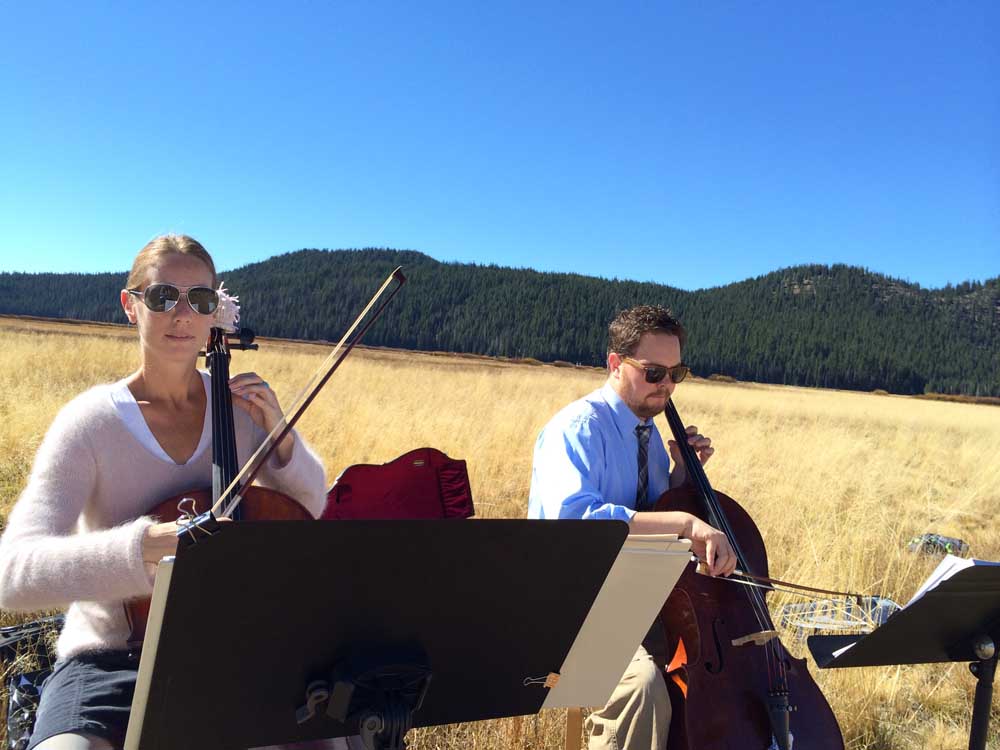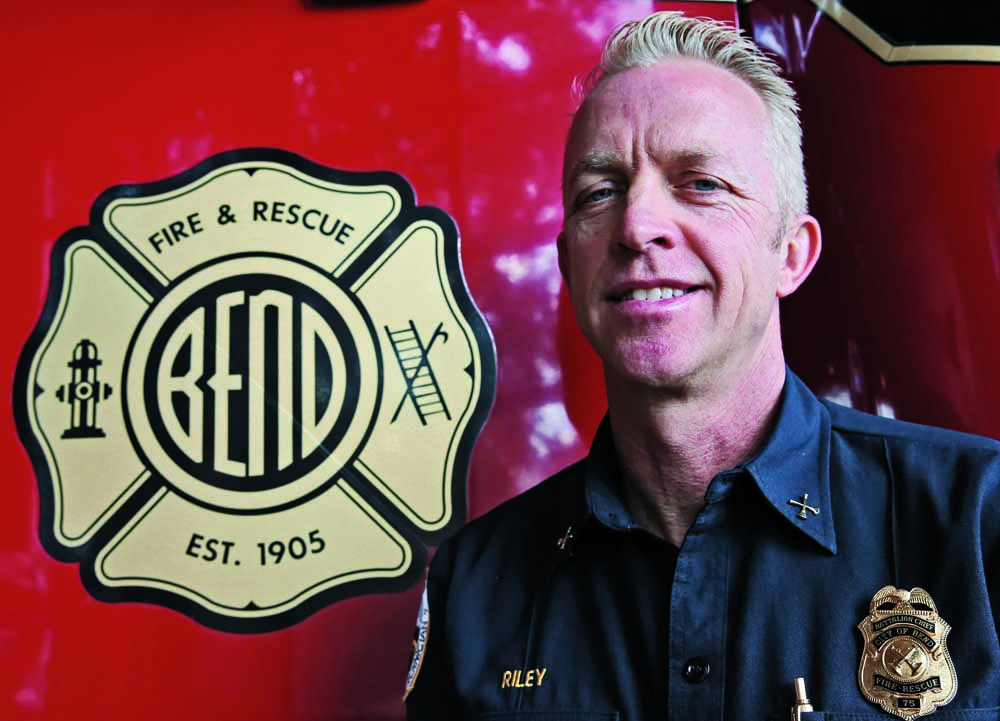Q&A with cellist Emma Chaput
Published 12:00 am Thursday, February 22, 2018

- Emma Chaput, left, pictured with fellow Central Oregon Symphony member Josh Evans, will perform in the community orchestra's Winter Concert, Saturday through Monday at Bend High School. (Submitted photo)
Who: Emma Chaput is a Central Oregon Community College biology instructor and a cellist in Central Oregon Symphony, holding its annual Winter Concert at Bend High School, 230 NE Sixth St., Bend. Directed by Michael Gesme, the community orchestra will host the winners of the 2017 Young Artists Competition during the concert, in performance at 7:30 p.m. Saturday and Monday and 2 p.m. Sunday. Admission is free, but a ticket is required. Visit cosymphony.com for more information.
Q: Michael Gesme said you’ve been playing cello a while, but he did not say how long. Have you been a musician your whole life?
A: Yes, I have played music most of my life, but not cello. I actually came to cello as an adult, so I’ve been playing cello about eight years. I played violin when I was really young, just for a couple of years, but primarily my instrument was trumpet. I played trumpet through middle-school … into my 20s. I stepped away from music for a while, and then really missed it. When I came back, I just decided I’m going to do something completely different, and just picked up the cello.
Q: What appealed to you about the cello?
A: A couple of things. Having played the higher-register instruments, I really like the range of the cello. I liked the idea of playing with other people, and cello is much less showy and solo-y. … (It) was really interesting being an adult listener. I found that my tolerance for the bad noises that I made was much smaller. … When you’re a kid, you’re like, “Who cares if I sound bad?” As an adult, I was like, “This is not good.” (Laughs)
Q: How would you describe the cellists’ role in an orchestra?
A: Texture. Context. Extra flavor, but still sort of the base. I don’t know why I’m analogizing it to cooking, but it’s not like the little bit of fresh dill you add at the end. We’re much more part of the stock, part of the essence of the orchestra, but we’re not necessarily what you notice — except for sometimes. Every once in a while we get to be fancy, but for the most part, we’re part of the foundation.
Q: Do you have a favorite piece that you’re playing in the concert?
A: Let’s see. The Puccini (Intermezzo to Act III from “Manon Lescaut”) is pretty amazing. It’s opera, so it’s unbelievably dramatic. When you have all of the strings playing the same absurdly dramatic melody, it’s really fun. The Halvorsen (Norwegian Rhapsody No. 1) … just the fact that a Norwegian rhapsody exists makes me laugh. … I wouldn’t generally expect “rhapsody” and “Norway” to go together.
Q: Does your work as a biologist inform you as a musician, or vice-versa? I’m just curious how those worlds combine.
A: No, I don’t think so. The place where I see the most overlap … as an instructor, the thing that I have found most fascinating and useful about playing music is the process of being an adult learner (laughs). And being aware of how frustrating it can be at times to work and work and not progress the way you want to. And to have to be really reflective about how I learn. Studying is like practicing. … That has both given me a little more empathy for my students (and) also helped me to talk about it with them and help them be more reflective about their studying. … It feels really good to study the flashcard that you know, but it’s not a good use of time. We need to study the things we don’t know, just like for me with cello, I need to practice the things I can’t play.







